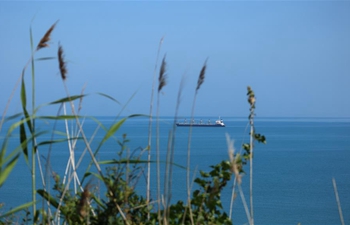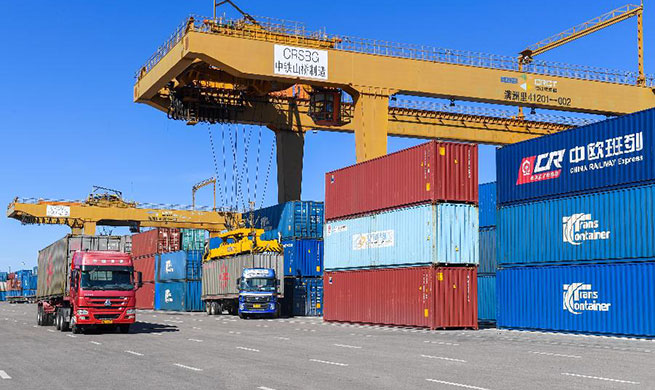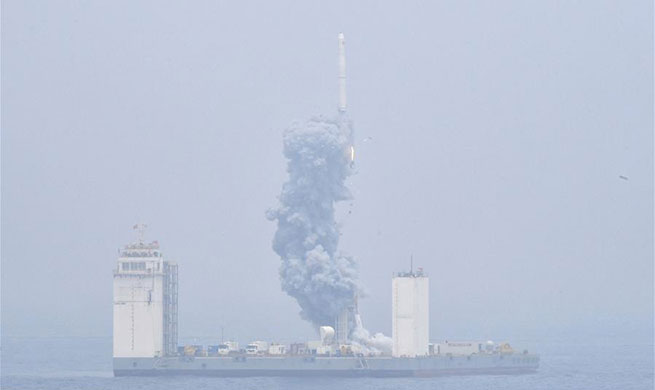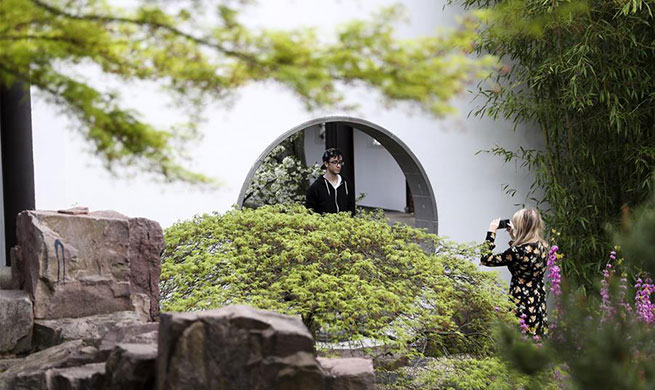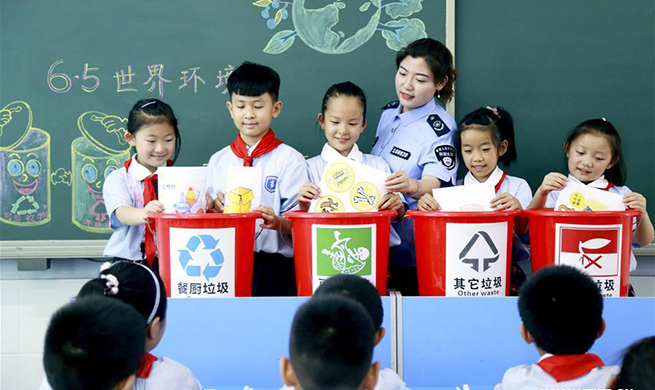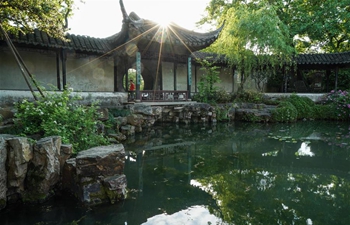HARARE, June 5 (Xinhua) -- Zimbabwe and the European Union (EU) on Wednesday launched a formal political dialogue under the African-Caribbean-Pacific regions (ACP)-EU Partnership Agreement, which is also known as the Cotonou Agreement.
Wednesday's session for the dialogue was organized by Zimbabwe's Ministry of Foreign Affairs and International Trade.
EU head of delegation to Zimbabwe Timo Olkkonen said he hoped that formal political dialogue would from now on become an integral part of the relations between the two partners.
"This should provide a useful platform to exchange views on topics that are of common interest and identify areas where we can deepen our relationship," he said.
"It also provides a forum to a frank exchange of views on issues we might not agree upon and foster mutual understanding. Our commitment is to a relationship that we are building together, as partners," he said.
He acknowledged that the Zimbabwean government had been clear that significant political and economic reforms were necessary for the benefit of its people and pledged the EU's support to the country as it forged ahead with its reform agenda.
Zimbabwe-EU relations started in 1982, two years after the country gain independence from Britain.
However, the relations soured starting in 2000, resulting in the Council of the European Union in 2002 imposing restrictive measures against individuals and companies that were considered responsible for alleged serious violations of human rights and of the freedom of opinion, of association and of peaceful assembly.
The measures, which included a travel ban, an asset freeze and an arms embargo, have been gradually removed over recent years and only two individuals and one company - former president Robert Mugabe, his wife Grace and the Zimbabwe Defense Industries - remain on the list. An arms embargo also continues to be in place.
The EU also maintained "appropriate measures" between 2002 and 2014 which consisted of the suspension of all direct development cooperation with the government but redirected its support through international agencies or civil society organizations.




